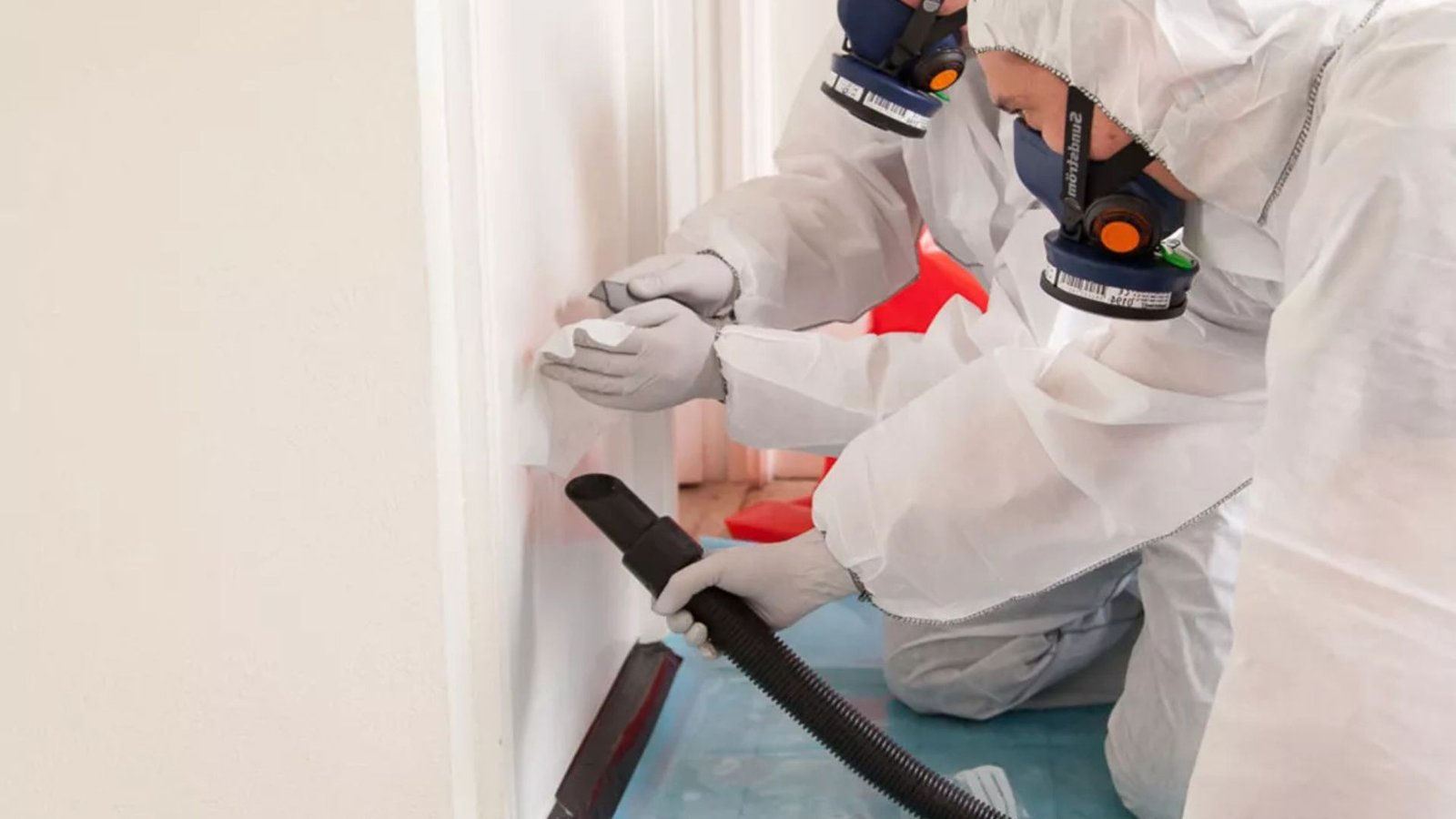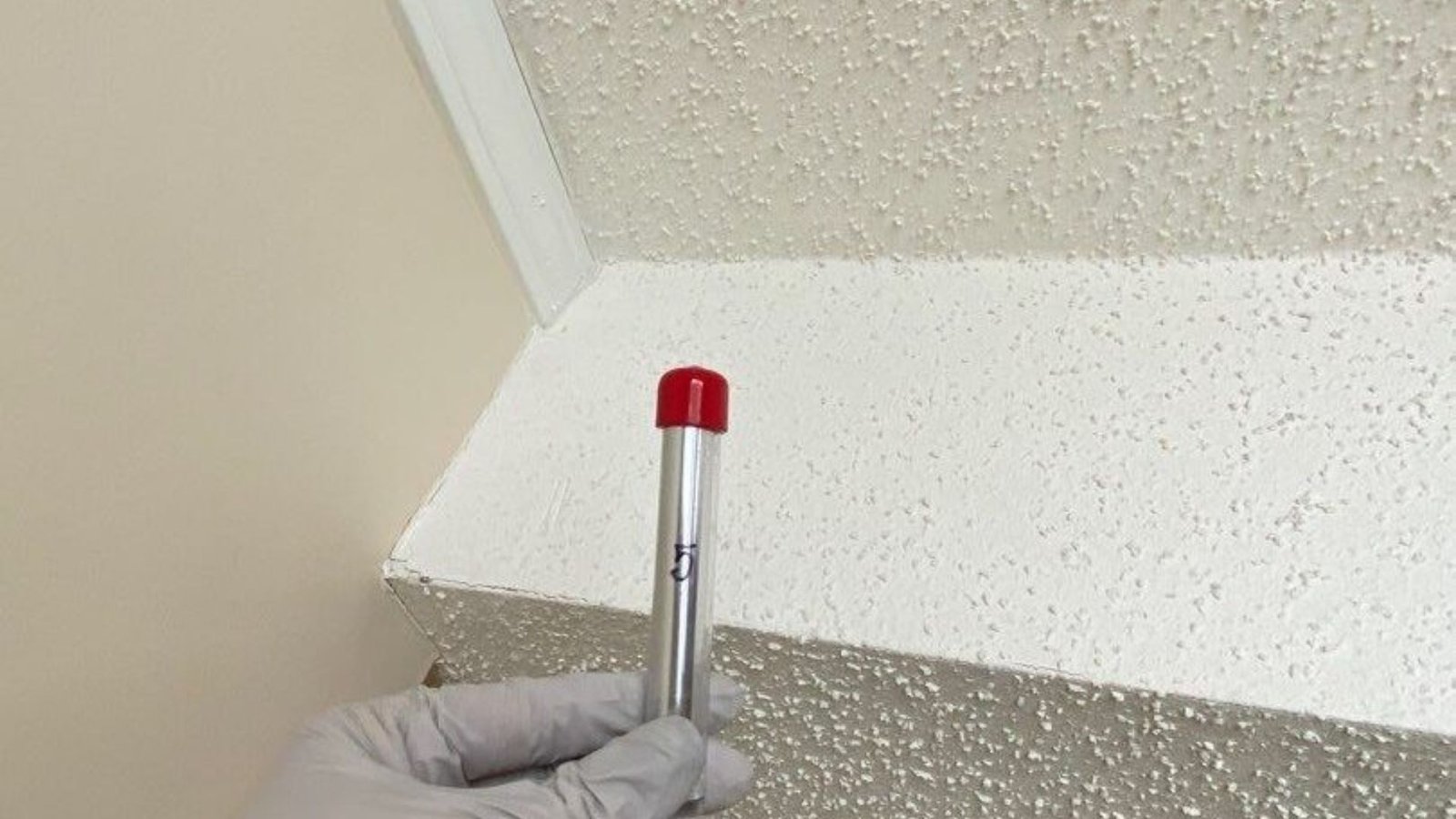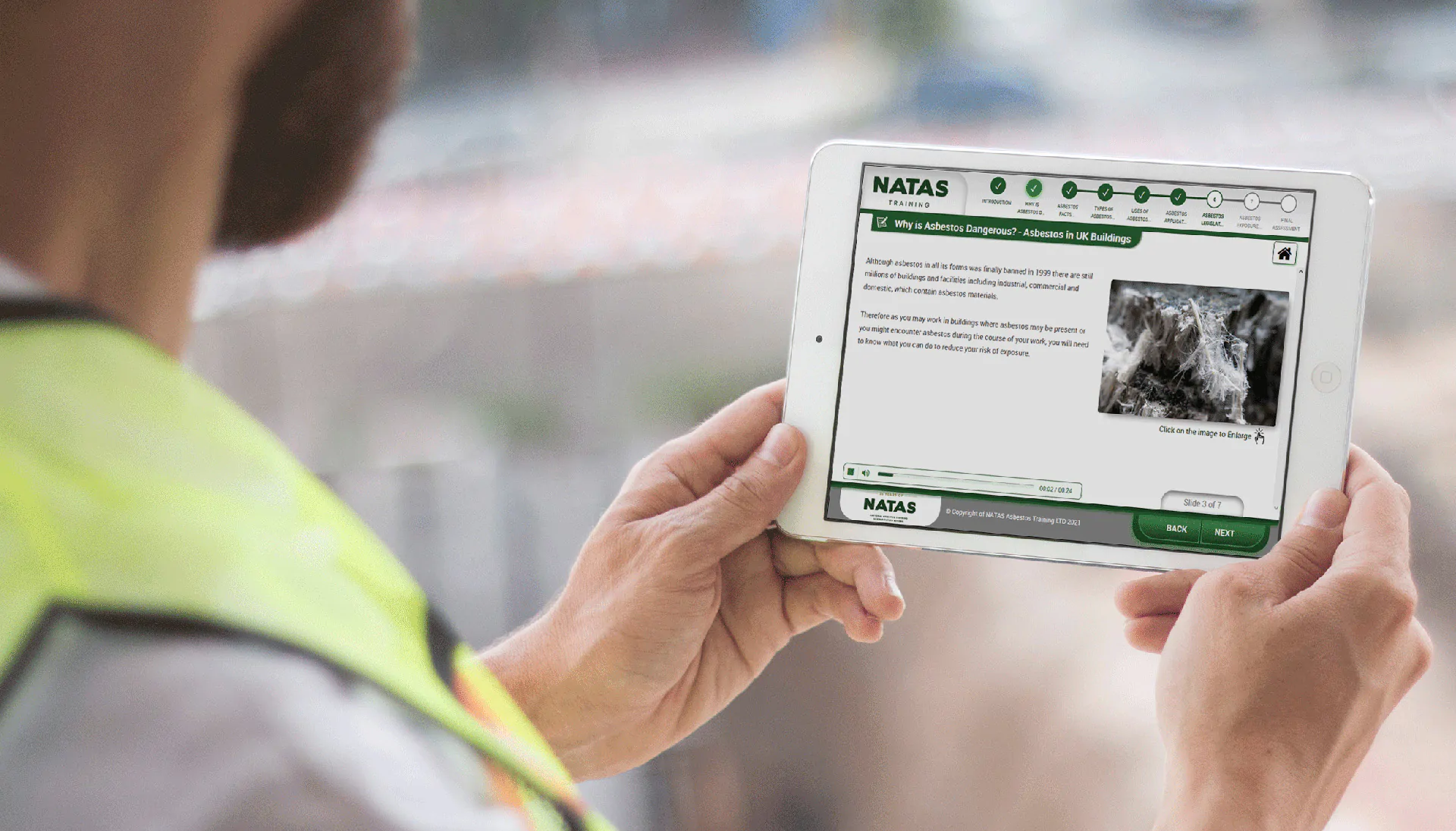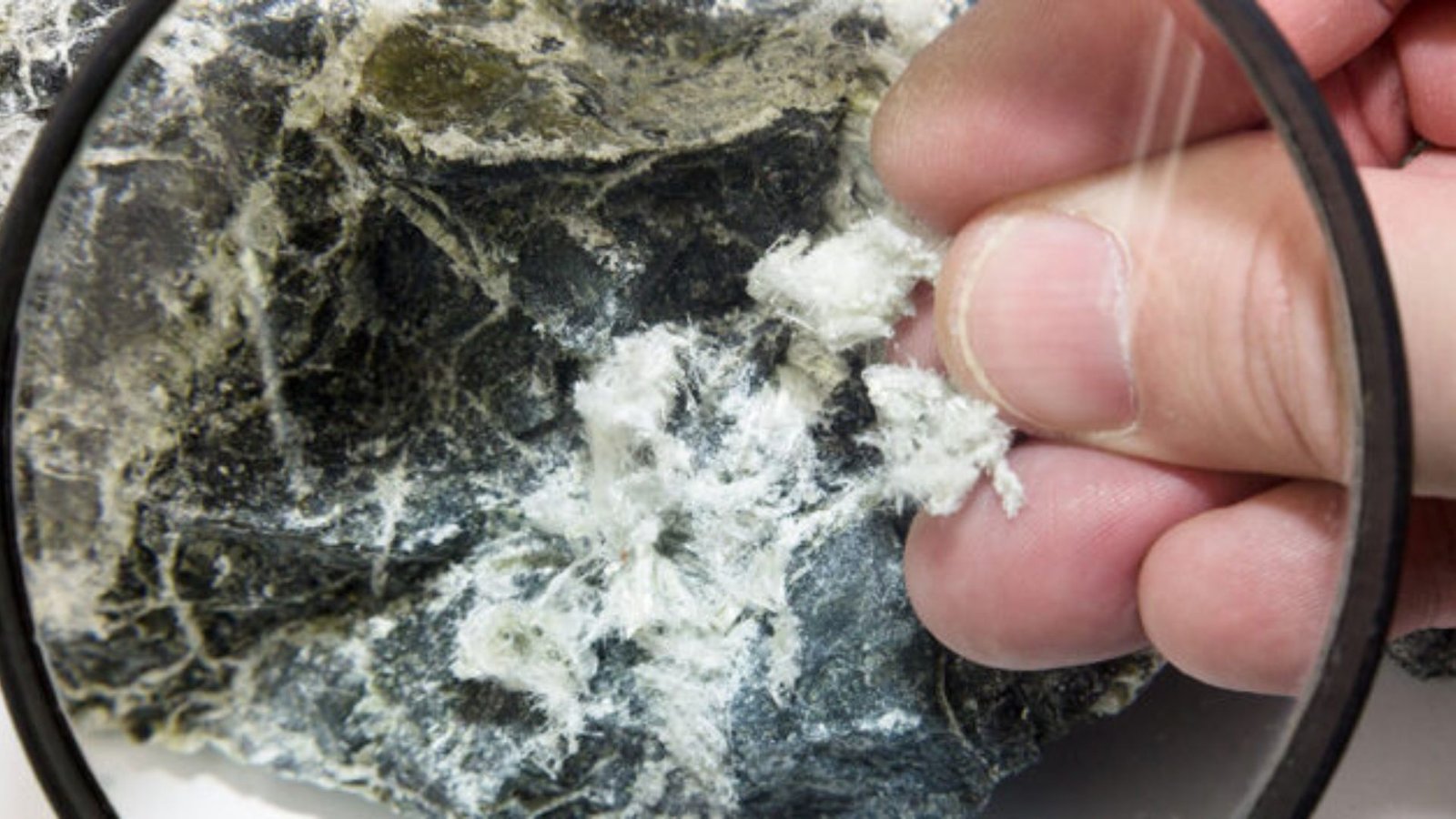Asbestos is a dangerous material found in many older homes, especially those built before the 1980s. When disturbed, asbestos can release harmful fibers that pose serious health risks, including lung cancer and respiratory diseases. If you are concerned about asbestos in your home, testing is an essential first step. However, many homeowners wonder: how much does asbestos testing cost?
In this guide, we will break down the factors that influence asbestos testing costs, what you can expect to pay, and how to budget for it.
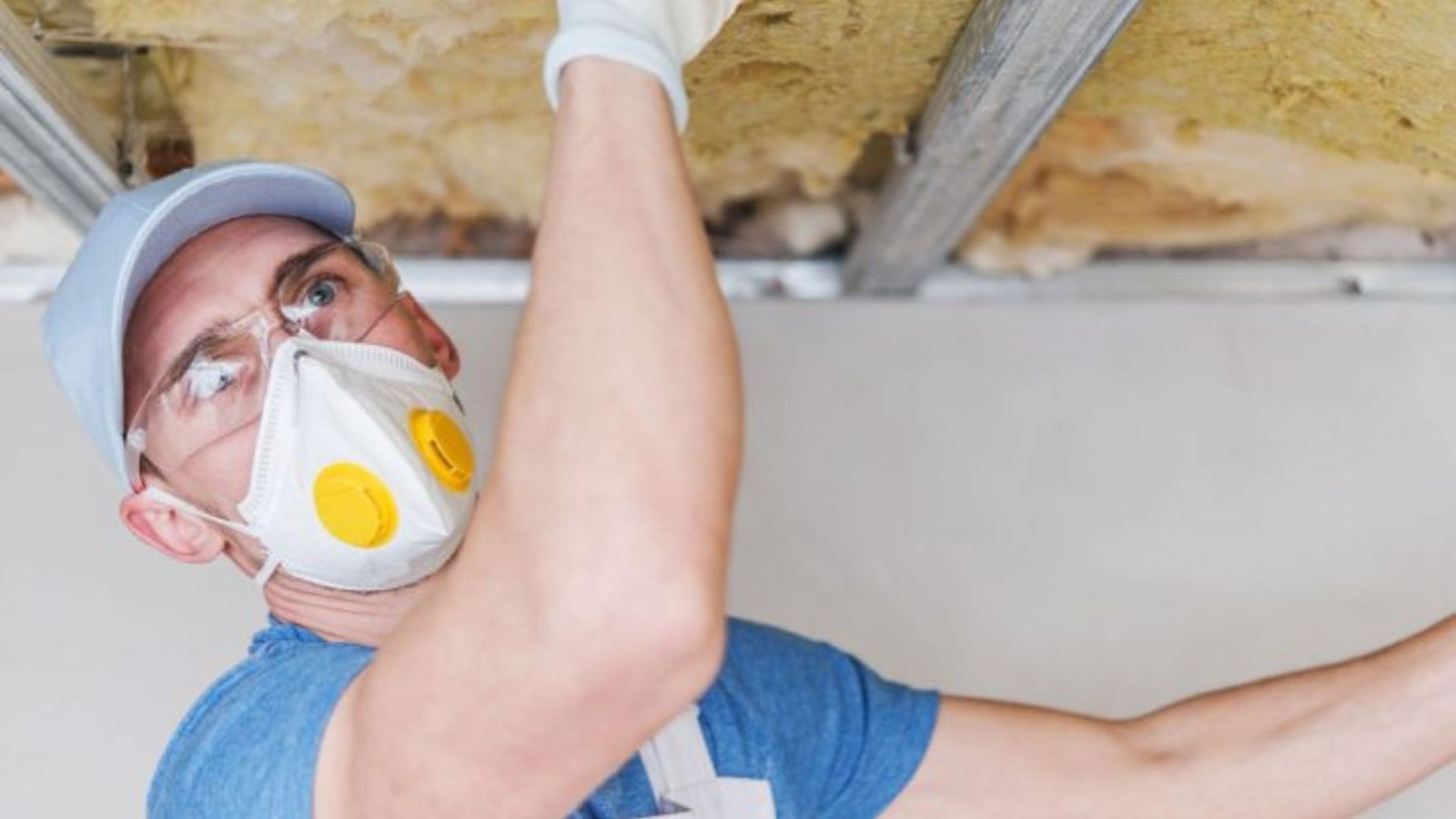
1. Factors That Affect Asbestos Testing Costs
The cost of asbestos testing can vary depending on several factors. Here are the most important ones to keep in mind:
a. Location
Asbestos testing costs can differ depending on where you live. Areas with higher living costs or stricter regulations may have higher prices for testing services. For example, asbestos inspectors in large cities may charge more than those in rural areas. It’s important to compare prices from different service providers in your area to get the best deal.
b. Size of the Property
The size of your home can affect the cost of testing. Larger homes typically require more time and effort to inspect, which can increase the cost of the test. The more square footage there is, the more likely it is that multiple areas will need to be tested, which will lead to additional fees.
c. Number of Samples
During an asbestos inspection, the inspector will take samples from various materials suspected of containing asbestos. The more areas you want tested, the more samples will need to be collected, which can increase the overall cost. For example, testing different materials like flooring, insulation, ceiling tiles, and roofing may all require separate samples.
d. Type of Test
There are two main types of asbestos tests: visual inspections and lab testing. The visual inspection itself typically costs less, but it’s the laboratory analysis of the samples that can add up. The complexity of the test (whether it’s a basic visual inspection or more thorough sampling) can influence the final price.
e. Scope of the Inspection
If you’re only testing one area of the home, such as the attic or basement, the cost will likely be lower. However, if you are testing multiple areas, the price will be higher. The inspector may also charge extra for more detailed inspections, such as checking air quality or doing bulk sampling from different areas of the home.
2. Average Asbestos Testing Costs
On average, asbestos testing costs between $300 and $800 for a basic test. This price includes the visual inspection and the lab analysis of one or two samples. However, the exact cost depends on the factors mentioned above.
Here’s a general breakdown of typical asbestos testing costs:
- Basic Asbestos Test: For a small home or a single test, you can expect to pay around $300 to $500. This usually includes a visual inspection and testing of a couple of samples from one or two areas.
- Multiple Samples: If you need samples taken from multiple areas of your home (such as insulation, flooring, and ceiling tiles), the cost can increase to $500 to $800 or more. The price may go higher if you have a larger home or if the inspector needs to take samples from several materials.
- Air Quality Testing: If you’re concerned about asbestos fibers in the air, air quality testing can cost between $300 to $600. This is typically done in situations where there may be a risk of asbestos exposure due to construction or damage to materials.
- Comprehensive Inspections: Some inspectors offer more comprehensive inspections that include a detailed assessment of several materials or even a full-scale survey of your property. These inspections can range from $800 to $1,500 or more, depending on the size and scope of the inspection.
3. What’s Included in the Cost of Asbestos Testing?
When you pay for asbestos testing, you are typically covering the cost of several key components:
- Visual Inspection: The inspector will visit your property and perform a visual assessment to identify areas that may contain asbestos. This step involves checking common materials such as insulation, floor tiles, ceilings, and roofing.
- Sample Collection: If the inspector identifies materials that may contain asbestos, they will collect samples for laboratory analysis. The inspector will use special tools and safety equipment to remove a small portion of the material for testing.
- Laboratory Analysis: The samples will be sent to a certified laboratory, where they will be analyzed to determine whether asbestos is present. The cost of lab analysis is often the most significant part of the total cost.
- Report and Recommendations: After the results are received, the inspector will provide a detailed report that outlines whether asbestos was found, the type of asbestos, and the recommended next steps (e.g., removal, encapsulation, or monitoring).
4. Asbestos Removal Costs
If asbestos is found in your home, you may need to hire a professional asbestos removal contractor. The cost of removing asbestos varies depending on the type of material, the extent of the contamination, and the location of the asbestos.
Here’s a general idea of the costs involved:
- Removal of Small Amounts: If only a small amount of asbestos is present, such as in a few floor tiles, the cost of removal can range from $500 to $2,000.
- Removal of Large Areas: If large areas need to be removed, such as insulation in attics or walls, the cost could range from $3,000 to $10,000 or more, depending on the complexity of the job.
- Encapsulation: In some cases, rather than removing the asbestos, it can be safely encapsulated (sealed). This is usually cheaper and costs between $1,000 to $3,000 depending on the extent of the work.
Because asbestos removal requires professional expertise and safety protocols, it’s always recommended to hire licensed contractors to handle the job.
5. Is Asbestos Testing Worth the Cost?
While the cost of asbestos testing may seem high, it’s important to consider the potential risks of not testing for asbestos. If asbestos is present and not handled properly, it can lead to serious health issues, including lung cancer, mesothelioma, and asbestosis. The cost of medical treatment for these diseases can be far higher than the cost of testing and managing asbestos.
Moreover, by identifying and managing asbestos early, you can avoid costly renovations or health problems down the line. Testing helps you make informed decisions about your property and ensures the safety of everyone who lives in the home.
6. How to Save on Asbestos Testing Costs
If you’re concerned about the cost of asbestos testing, here are a few tips to help reduce the overall expense:
- Get multiple quotes: Reach out to several asbestos inspectors in your area and request quotes. This will help you find the best price for the services you need.
- Combine services: If you are planning a larger renovation project, consider combining asbestos testing with other environmental testing services. Some companies offer package deals that include mold testing, radon testing, and other services at a discounted rate.
- Test only high-risk areas: If you’re on a tight budget, consider only testing the areas that are most likely to contain asbestos, such as insulation or ceiling tiles. This can reduce the number of samples needed and lower the overall cost.
7. Conclusion: Understanding Asbestos Testing Costs
The cost of asbestos testing can range from $300 to $800 for basic testing, with additional costs for larger homes, more samples, or air quality testing. While the upfront cost may seem high, it’s a small investment to ensure the safety of your home and your family. If asbestos is found, you may need to factor in additional removal costs, but this is a necessary step to protect health and prevent further exposure.
By understanding the factors that affect asbestos testing costs, you can make an informed decision about whether to schedule a test for your home. If your home was built before the 1980s or if you’re planning renovations, it’s always a good idea to have an asbestos test to ensure you’re not putting your health at risk.

